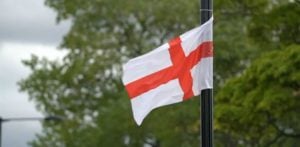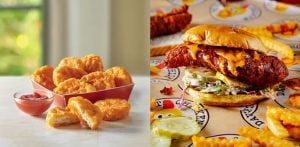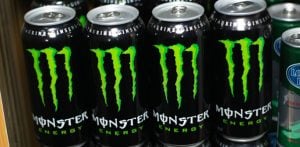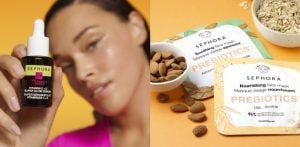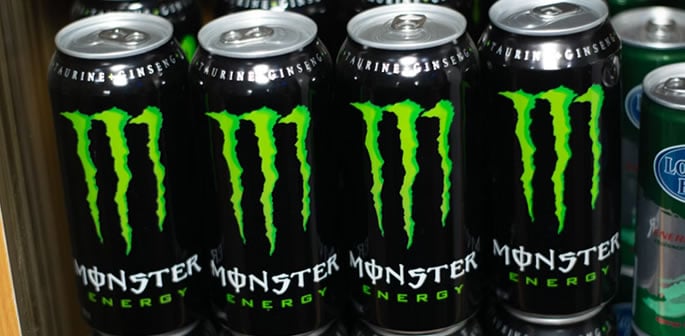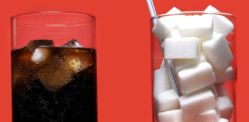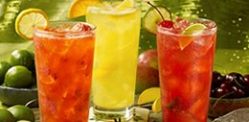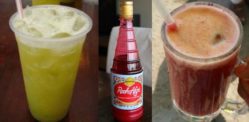“High-caffeine energy drinks have no place in children’s hands."
Under-16s in England will be banned from buying energy drinks such as Red Bull and Monster over health concerns. The move targets products linked to obesity, sleep disruption, and poor concentration.
Health experts, dentists and teaching unions welcomed the ban, saying it will improve children and young people’s health. It also fulfils a pledge included in Labour’s manifesto for the 2024 general election.
Health Secretary Wes Streeting said: “How can we expect children to do well at school if they have the equivalent of a double espresso in their system on a daily basis?
“Energy drinks might seem harmless but the sleep, concentration and wellbeing of today’s kids are all being impacted, while high sugar versions damage their teeth and contribute to obesity.”
Shops, cafes, restaurants and websites will be prohibited from selling drinks containing more than 150mg of caffeine per litre to anyone under 16.
The ban will force manufacturers to reformulate products.
A 250ml can of Red Bull contains 80mg of caffeine, the equivalent of one espresso or two cans of cola. Tea, coffee and soft drinks with lower caffeine levels are unaffected.
It is unclear when sales to under-16s, including from vending machines, will become illegal. The ban will be introduced through secondary legislation under the Food Safety Act 1990.
Supermarkets voluntarily stopped selling energy drinks to under-16s in 2018, but some smaller stores still allow sales. Drinks above 150mg of caffeine per litre already carry labels warning they are “not suitable for children”.
Katharine Jenner, director of the Obesity Health Alliance, said:
“High-caffeine energy drinks have no place in children’s hands. This is a common-sense, evidence-based step to protect children’s physical, mental and dental health.”
Jenner added that age-based restrictions have proven effective:
“Age-of-sale policies like this have a proven record of reducing access to products that are not suitable for children.”
Education Secretary Bridget Phillipson said the ban would help tackle the “scourge of poor classroom behaviour”, caused in part by “the harmful effects of caffeine-loaded drinks”.
Research by the NASUWT union found 71% of teachers worry about pupils misusing energy drinks at school and 70% while elsewhere.
Dentists called for the ban to extend to zero and low-sugar drinks to reduce tooth decay.
Eddie Crouch, chair of the British Dental Association, said:
“Products that are habit-forming, highly acidic and can contain over 20 teaspoons of sugar have no place on the menu for children.”
Gavin Partington, director general of the British Soft Drinks Association, said firms do not market energy drinks to under-16s:
“Our members have led the way in self-regulation through our longstanding energy drinks code of practice.
“Our members do not market or promote the sale of energy drinks to under-16s and label all high-caffeine beverages as ‘not recommended for children’, in line with and in the spirit of this code.
“As with all government policy, it’s essential that any forthcoming regulation is based on a rigorous assessment of the evidence that’s available.”










